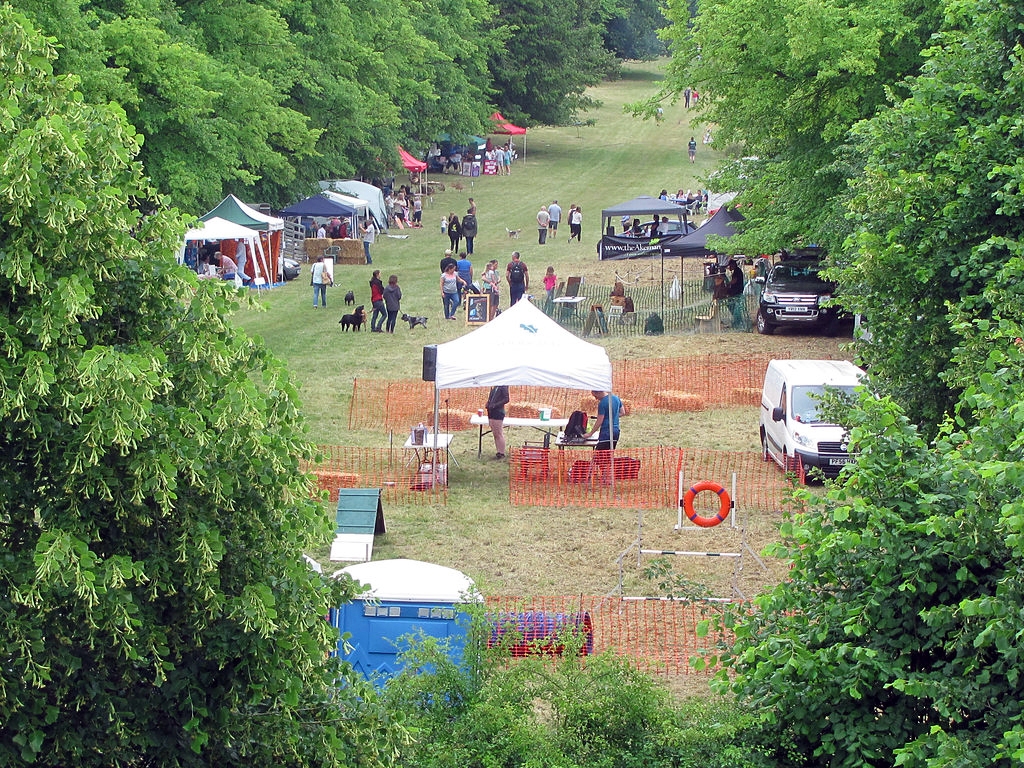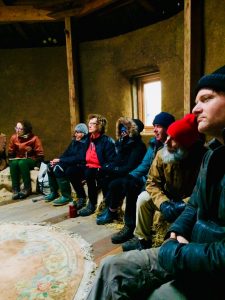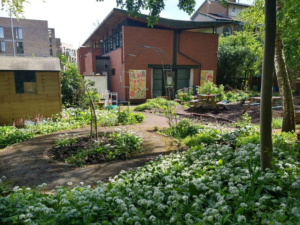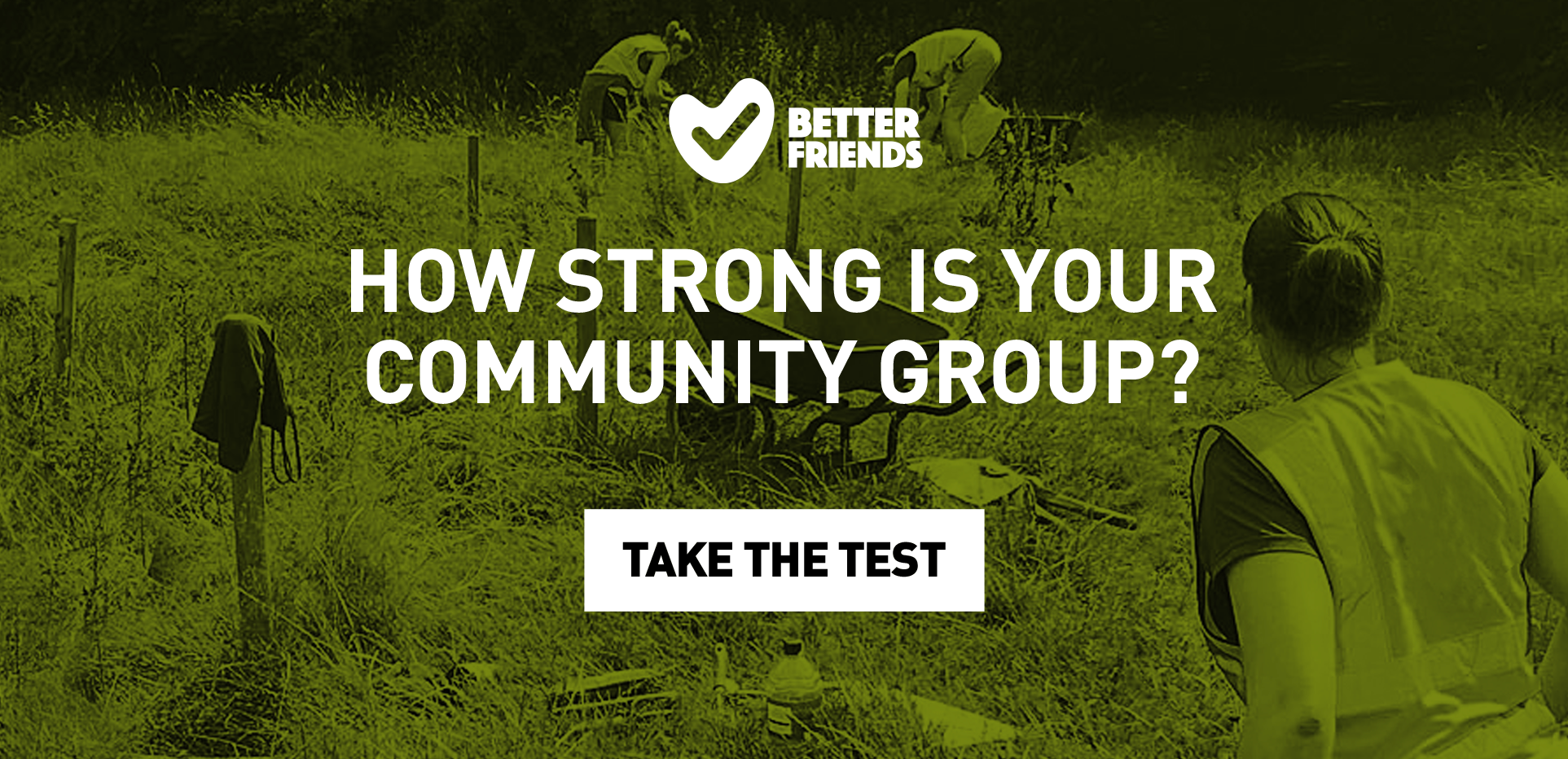Please note – the rules set out in this document are subject to change. They were correct at time of writing for one local council. Other councils may have different rules and these rules may change.
Steps to getting council permission for an event
Step one
Inform your Parks Department.
There is sometimes a requirement that any damage to the site (eg from vehicles churning up wet ground) will be paid for by the event organiser. Your Parks Department may request a bond in advance of your event and any damage caused by the event will be paid for out of this bond.
Step two
In nearly all cases you will need to find your own public liability insurance for your event. Your Parks Department will let you know what insurance cover is needed which will probably be set at either £5 or £10 million.
When arranging insurance ask the insurer whether there are any particular health and safety issues you need to think about in order to comply with the terms and conditions. Four potential insurance providers are (these are not recommendations):
- www.eventsinsurance.co.uk
- Greenbee Event Insurance tel: 0845 610 0310 www.greenbee.com
- Event Insurance Services tel: 0800 515 980 www.events-insurance.co.uk
- www.insurex-exposure.com tel: 0845 213 8848
TCV can provide annual public liability insurance cover for some community groups and this can be applied to events involving no more than 500 people. Go to www.tcv.org.uk/display/groupinsurance or call 01302 388 888 for more information.
Step three
Apply to your local council for a site licence form. Be aware that the site licence form may need to be completed and submitted well in advance of the event. You may be able to download these forms from the Council website.
You will also need to contact the Licensing Team to ask whether your event needs a Temporary Events Notice or a Premises Licence – this is to ensure you comply with the Licensing Act 2003. Small events of 499 persons or less can be dealt with by way of a Temporary Event Notice whereas larger events will require a Premises Licence. You must apply for a Premises Licence at least three months in advance of the date of the event.
Note: Be aware that while you may have 2,000 people at your event, they are unlikely to all be there at the same time.
An outdoor space is regarded as ‘premises’ for all licensable activities you hold in the open air. These activities include regulated entertainment including plays, films, outdoor sporting events, live and recorded music performance or dancing as well as the sale of alcohol. In order to simplify this process your council may have attached a Premises Licence to your park/green space for regular entertainment and your Parks Department will be able to advise you on this.
Step four
As part of the site licence agreement you will need to submit a risk assessment for your event.
Site licensing and premises licensing
Unfortunately there is a lot of government legislation that applies to events and as a result getting permission to hold one can be daunting at the first attempt.
You will need to apply for a site licence for your event and in some cases a premises licence (some green spaces may have been given an annual premises license already).
If it is your first event you should contact the council at least six months before the date of the event. Contact the Parks Department well in advance and they should be able to guide you through the licence process and give advice on fees.
Events insurance
Events organised by park groups must be covered by an insurance policy arranged and acquired by them to the minimum limit set by their council.
Event licensing – a broad outline
Under the Licensing Act 2003 (England) some activities you want to host at your park event may now be subject to licensing regulations. This is an overview of which activities require a licence and which are exempt.
We recommend however that you
contact your licensing team within your local authority at an early stage of
your planning with your activity outline.
Overview
What activities are deemed licensable under the law?
- Sale by retail of alcohol
- Supply of alcohol to a member of a club
- Provision of regulated entertainment
- Provision of late night refreshment
Why do we need licenses for these activities?
- Prevention of crime and disorder
- Public safety
- Prevention of public nuisance
- Protection of children from harm
What does regulated entertainment mean?
“When the entertainment takes place in the presence of an audience for the purpose of entertaining that audience”.
This includes any of the following eight activities. There needs to be an audience to require a license:
- A performance of a play
- An exhibition of a film
- An indoor sporting event
- A boxing or wrestling entertainment
- Live music
- Any playing of recorded music
- Performance of dance
- Similar entertainment to live music, recorded music or performance of dance (including karaoke)
Are there any exemptions from regulated entertainment?
There are several exemptions under the law. Check with your local authority for their exemptions.
The key exemptions are:
- Film showings for purpose of:
- advertising
- information
- education
- Museums and art galleries
- Any entertainment in a church
- Private parties (wedding receptions, etc)
- Garden fetes
- Incidental music
- Morris dancers
- Vehicles in motion (carnival floats)
Some local authorities view small scale park events as garden fetes and so avoid the need for a licence. Incidental music is generally viewed as music performed or played on site, but is not the main attraction drawing people to the event.
Generally groups hosting licensable activities will need to get either a Premises Licence or a Temporary Events Notice (TEN).
These are classified as follows:
Premises Licence
This allows licensable activities to take place on a specific site. Some local authorities that have regular events in their parks/green spaces may have Premises Licenses. Check with your local authority as it could save you money and effort.
Licensable activities for Premises Licence are:
- Sale of alcohol
- Supply of alcohol by a club
- Regulated entertainment
- Late night hot food (from 11 pm to 5 am)
Temporary Events Notice
This is a Notice to the Local Authority and the Police that you plan to have an event, rather than a request. Generally only the Police will object to a Temporary Events Notice on the grounds of crime and/or disorder. Ten working days notice is required by the council and the police.
- Authorises the holder to use a premises for a licensable activity for a period not exceeding 96 hours
- Up to a maximum of 499 persons engaged in licensable activity at one time
- No premises may have more than 12 temporary events notices per year.
- Most individuals can have a maximum of 5 notices per year. An individual with a Personal Licence (ie a Landlord) can have a maximum of 50 Temporary Events Licences a year.
- A minimum of 24 hours between events.
- A maximum aggregate duration of 15 days per year.
Lotteries and raffles under the gambling act 2007
From the 1st September 2007 the Gambling Act replaced the Provisions of the Lotteries and Amusement Act 1976.
Raffles
Raffles where tickets are bought and sold on the day or night while an event is taking place and proceeds go to charity are exempt.
Do I need a licence to give alcohol as a lottery prize?
Not if the following conditions are met:
- The lottery is an incident of exempt entertainment
- No private gain
- Alcohol must be in a sealed container
- No prize in lottery must be money
- Tickets must be sold at the event
- Lottery must not be the main inducement to attend
Don’t forget
Don’t forget to contact your Local Licensing Team with your event plans at an early stage. They will be able to tell you what documentation you will need and what, if any, restrictions they feel are necessary regarding crowd control.

Reproduced with permission of North West Parks Friends Forum







